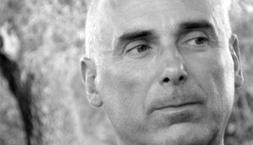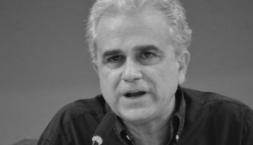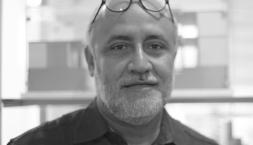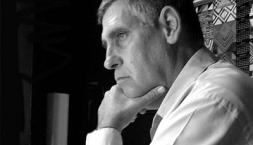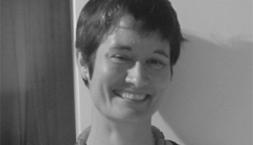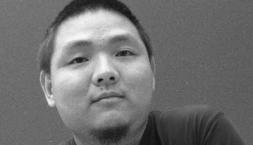Professor in Residence, Department of Architecture, GSD, Harvard University, Cambridge MA, USA
The exodus of urban dwellers to suburbs and the countryside, dramatized by the pandemic, has both escalated the UHI effects of cities and expanded the carbon footprint at a greater pace, further contributing to the climate crisis. Traditional remedies to mitigate UHI are reactive to existing urban conditions and less well equipped to address the complex urban issues holistically at multiple levels. This design-based research explores topological transmutation as a twofold design approach. It aims at testing alternative design approaches of urban environments that will address UHI issues based on a holistic attitude toward ecological urbanism, while simultaneously investigating mutation as a design strategy that could renegotiate, reconnect, and recreate new centers of public space. Toledo, a legacy city in the Midwest, was selected as the model for this design-based research due to its intensifying social inequality and urban decay and climbing UHI effects. Prototypes of adaptable and sustainable design concepts were tested in selected sites representing typical urban situations. Urban interventions to the public space are envisioned to enrich everyday spatial experiences in the streets, neighborhoods, and the city.


